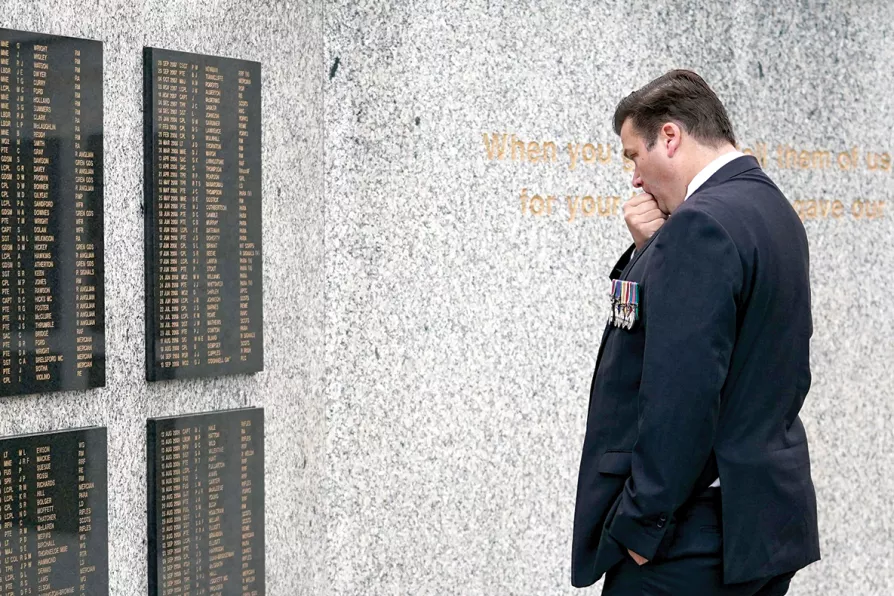The Mandelson scandal reveals a political settlement in which democratic choice is curtailed and the power of markets eclipses the will of voters – only the left can challenge this, writes JON TRICKETT MP
A look at the new ‘Conservative realist’ policy
Britain needs to forget trying to shape nations through military interventions, and start making deals with existing regimes in order to stop Russia and China gaining influence, SOLOMON HUGHES hears at a Tory Party fringe

 Minister for the Armed Forces James Heappey at the Camp Bastion Memorial in Alrewas, near Lichfield
Minister for the Armed Forces James Heappey at the Camp Bastion Memorial in Alrewas, near Lichfield
ARMED Forces Minister James Heappey said at a Conservative Party fringe meeting that Britain would probably have to “hold its nose” and do a deal with the Taliban.
Addressing a packed meeting on Afghanistan, the minister showed how far the Conservative leadership is drifting away from the “neoconservative,” interventionist approaches they embraced after September 11 2001.
Heappey was addressing a meeting of Conservative Friends of Afghanistan, which was “marking the 20th anniversary of British troops in Afghanistan,” but did so like the wake for a failed policy.
Similar stories

In an act of desperation, Trump is trying to stop the clock to revive the ‘golden age’ of imperialism, writes ATILIO A BORON

VICTOR GROSSMAN believes peace in Ukraine needs to come before anything else and abhors the EU's insane drive to keep the war going on

The controversial legislation now threatens even more vulnerable people after the committee stage stripped away the key High Court safeguard that convinced many MPs to support it, writes Dr CAJETAN SKOWRONSKI

ANDREW MURRAY surveys a quaking continent whose leaders have no idea how to respond to an openly contemptuous United States











